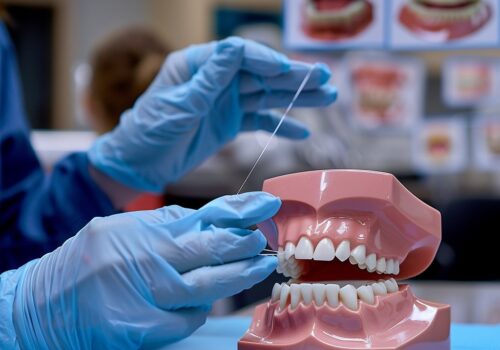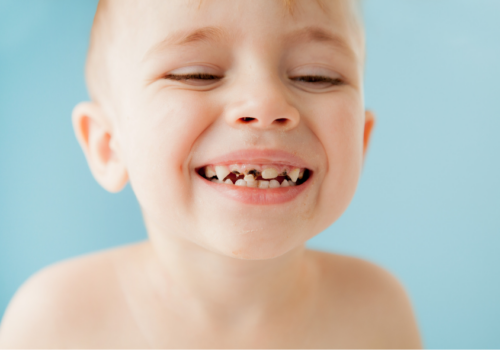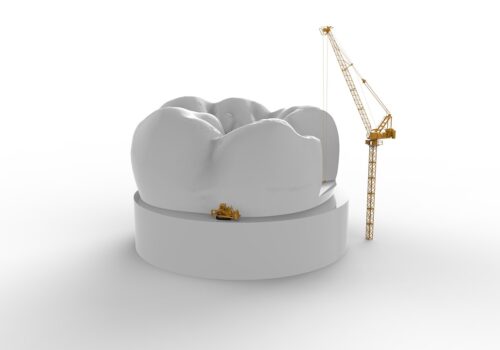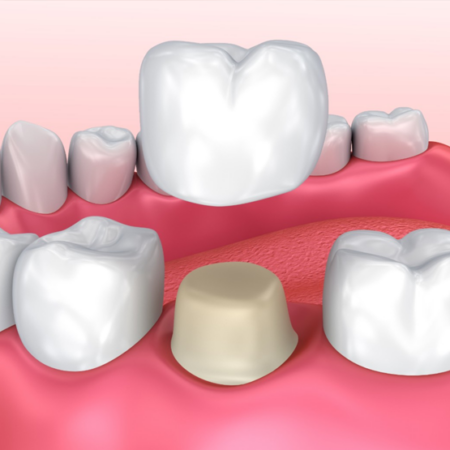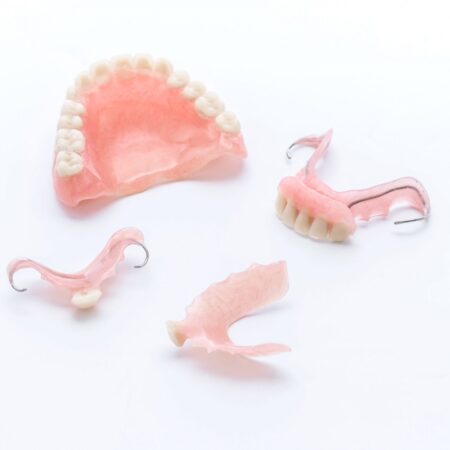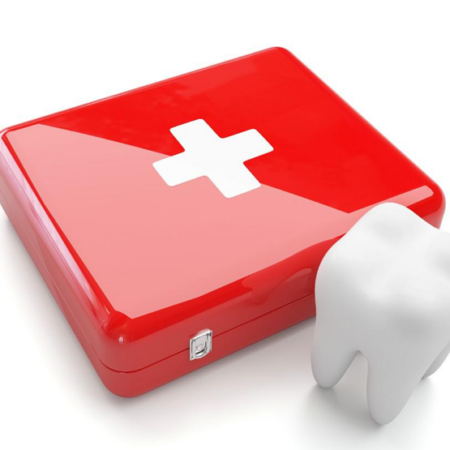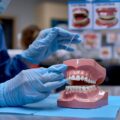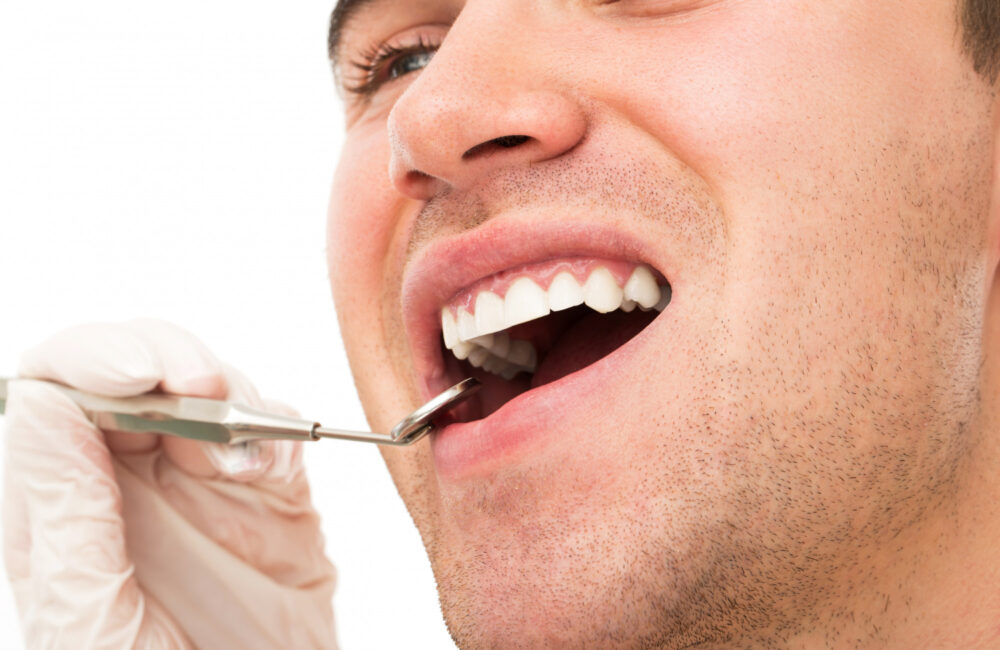
Have you seen a bit of blood in your sink when you brush your teeth lately? That bleeding can be one of the first warning signs and symptoms of gum disease. The mild variety is called gingivitis. When you have that, only your gums are infected. If you don’t treat it, the infection can travel below your gumline and into your bone. Then it becomes a more serious form of gum disease called periodontitis.
Both gingivitis and periodontitis have been shown to raise your risk of things like diabetes, heart disease, osteoporosis, pneumonia, and cancer. Early detection is your best bet. There are a variety of treatments for gum disease, depending on the stage of your disease, how you’ve responded to earlier treatments, and your overall health. Treatments range from nonsurgical therapies that control bacterial growth to surgery that restores supportive tissues.
How Can I Find the Best Dental Clinic Near Me? Here’s the answer.
Symptoms of Gum Disease
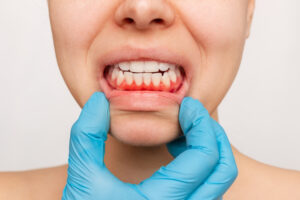
You can find and treat the problem before it gets serious if you know what to look for. Take note if you notice:
Red, swollen gums
That’s one of the first signs your gums need attention. Gum diseases typically start with inflammation along the gumline. They may also feel tender or painful and bleed easily when you floss or brush.
Bad breath
Your mouth is a nice, warm, and wet home for millions of bacteria. They feed on plaque, so the more of that you have, the bigger the buffet. Bacteria release toxins that can irritate the gums and teeth and have a foul smell. It can also be a symptom of serious gum disease. Your breath usually doesn’t change much if you’ve got gingivitis.
Gums that get smaller
If your teeth look longer than they used to, chances are your gums are shrinking. When bone starts to break down, the gums start separating from the tooth, creating a pocket, This pulling away is called receding gums.
Sensitive teeth
If a sip of a cold drink makes you wince, your teeth may be telling you something. That’s a symptom of gum disease that often goes hand in hand with shrinking gums. With receding gums, the sensitive part of the tooth is exposed – called the dentin – causing sensitive teeth when exposed to cold water and air.
Wiggly or shifting teeth
Does your smile look a little different lately? Gum disease can attack the bones that hold your teeth in place, making them loosen or move. Periodontitis is the main cause, and it can even change the way your teeth fit together when you bite!




